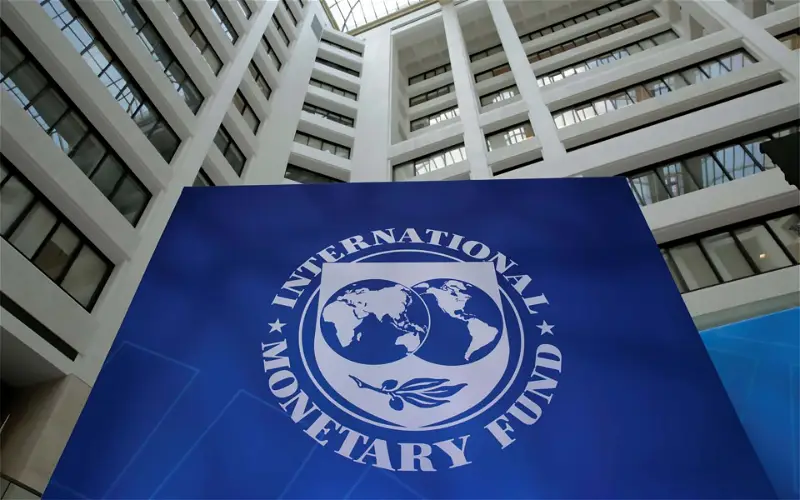By Temitayo Jaiyeola
The International Monetary Fund has said a 10 per cent appreciation in the dollar, linked to global financial market forces, decreased economic output in emerging market economies including Nigeria by 1.9 per cent.
It noted that this decline persisted for two and a half years. The IMF announced that the US dollar strengthened to a 20-year high in 2022, with major implications for the global economy.
According to the IMF, a strong dollar meant that trade and financial channels in emerging market economies like Nigeria were affected.
It said, “Their real trade volumes decline more sharply, with imports dropping twice as much as exports. Emerging market economies also tend to suffer disproportionately across other key metrics: worsening credit availability, diminished capital inflows, tighter monetary policy on impact, and bigger stock-market declines.”
The Washington-based lender noted that US dollar appreciations impacted the current accounts of these countries. It explained that current accounts captured the change in saving-investment balances of countries.
It stated, “As a share of Gross Domestic Product, current account balances (saving minus investment) increase in both emerging market economies and smaller advanced economies, because of a depressed investment rate (there is no clear systematic response for saving). However, the effect is larger and more persistent for emerging market economies.”








